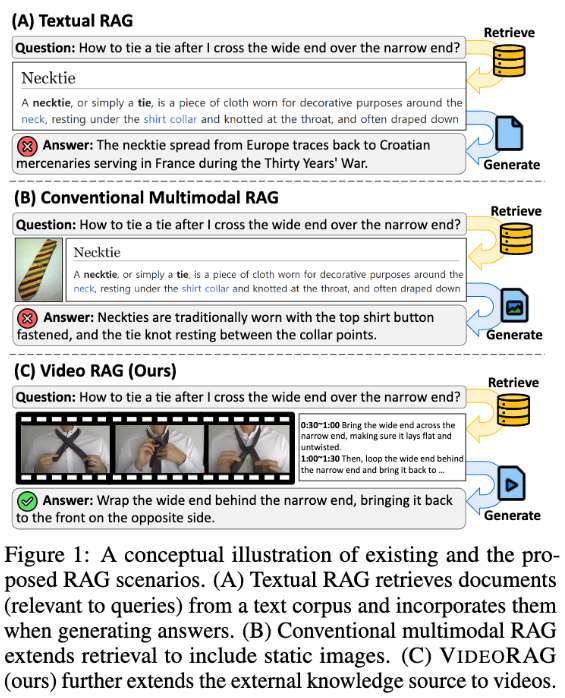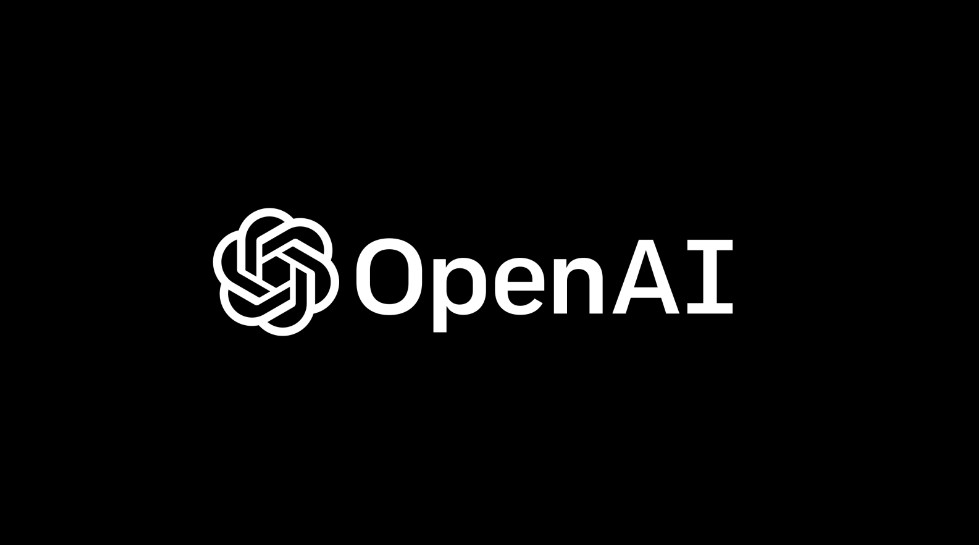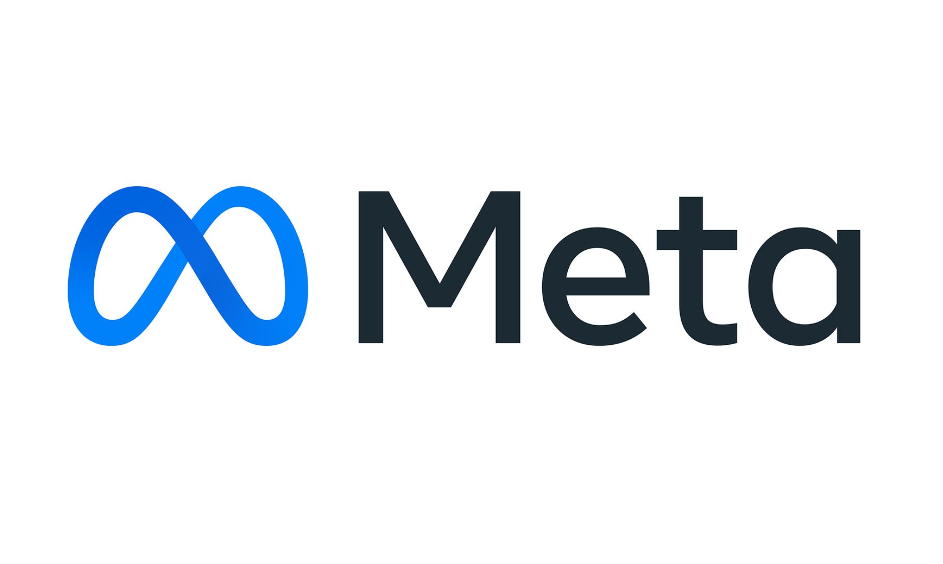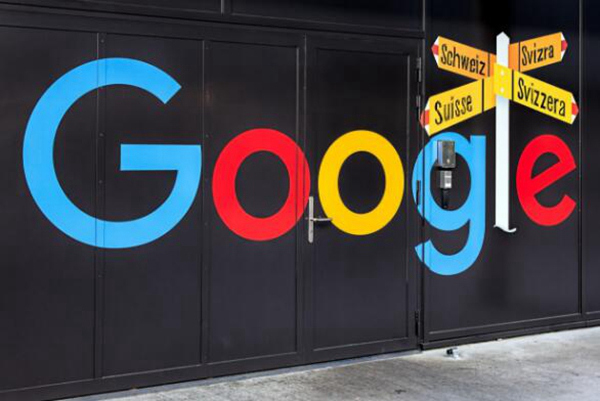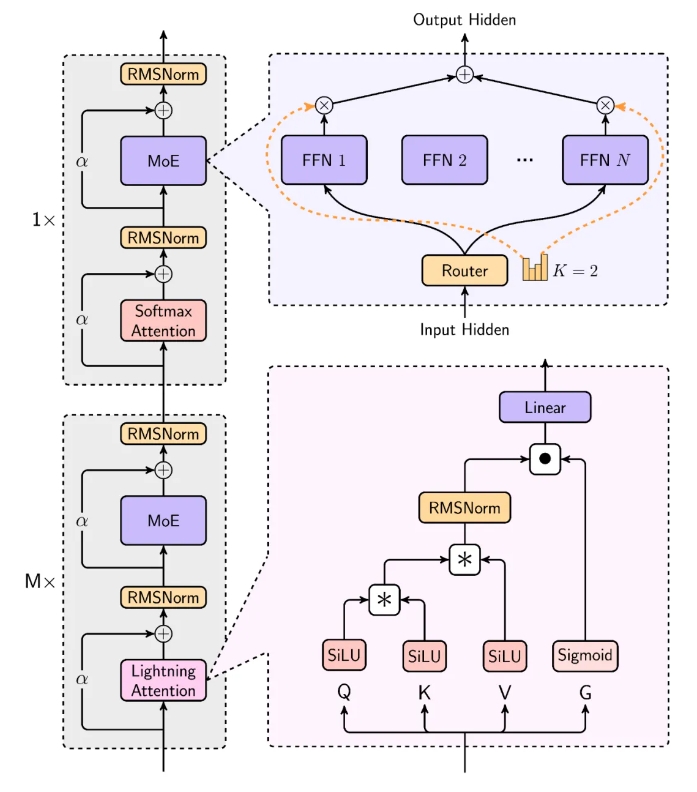Recently, Elon Musk’s lawsuit against OpenAI has attracted widespread attention. According to Bloomberg, the U.S. Department of Justice and the Federal Trade Commission (FTC) said in court documents that overlapping boards could harm competition. This stance echoes Musk's lawsuit, which accuses OpenAI and Microsoft of violating antitrust laws.

Musk’s lawsuit points out that LinkedIn co-founder Reid Hoffman served as a director at both OpenAI and Microsoft from 2017 to 2023. In addition, Deannah Templeton also served as an executive at Microsoft. Serves as a non-voting board member of OpenAI. The U.S. government's court documents emphasize that even if the relevant directors have resigned, the company's actions may still have an adverse impact on market competition, and once the company stops potentially illegal conduct, it still needs to bear the burden of proving that it will not repeat the conduct.
Musk hopes a federal court will prevent OpenAI from continuing other profitable transformations he calls "illegal" and is demanding a trial. The relevant hearing is scheduled to be held on January 14 next year. The legal action is part of an ongoing battle between Musk and OpenAI CEO Sam Altman. The two co-founded OpenAI with the original intention of promoting the social benefits of artificial intelligence through a non-profit model.
Currently, the FTC is conducting a multi-faceted investigation into OpenAI, including a soon-to-be-released study on Microsoft and other technology companies’ AI investments, as well as OpenAI’s possible misleading consumer behavior and board of directors overlap issues. Hoffman publicly criticized FTC Chairman Lina Khan on social media and called for her resignation.
Musk initially sued OpenAI in state court and then re-filed the lawsuit in federal court. He claimed that OpenAI has deviated from its original non-profit mission by accepting billions of dollars of investment from Microsoft since 2019, and emphasized that immediate court intervention is crucial to prevent OpenAI from forming a monopoly in the AI market. OpenAI has not commented on Musk's latest lawsuit, but has previously defended Hoffman and Templeton's board positions and called Musk's lawsuit baseless, noting that he has supported a more traditional corporate structure.
AI courses are suitable for people who are interested in artificial intelligence technology, including but not limited to students, engineers, data scientists, developers, and professionals in AI technology.
The course content ranges from basic to advanced. Beginners can choose basic courses and gradually go into more complex algorithms and applications.
Learning AI requires a certain mathematical foundation (such as linear algebra, probability theory, calculus, etc.), as well as programming knowledge (Python is the most commonly used programming language).
You will learn the core concepts and technologies in the fields of natural language processing, computer vision, data analysis, and master the use of AI tools and frameworks for practical development.
You can work as a data scientist, machine learning engineer, AI researcher, or apply AI technology to innovate in all walks of life.
